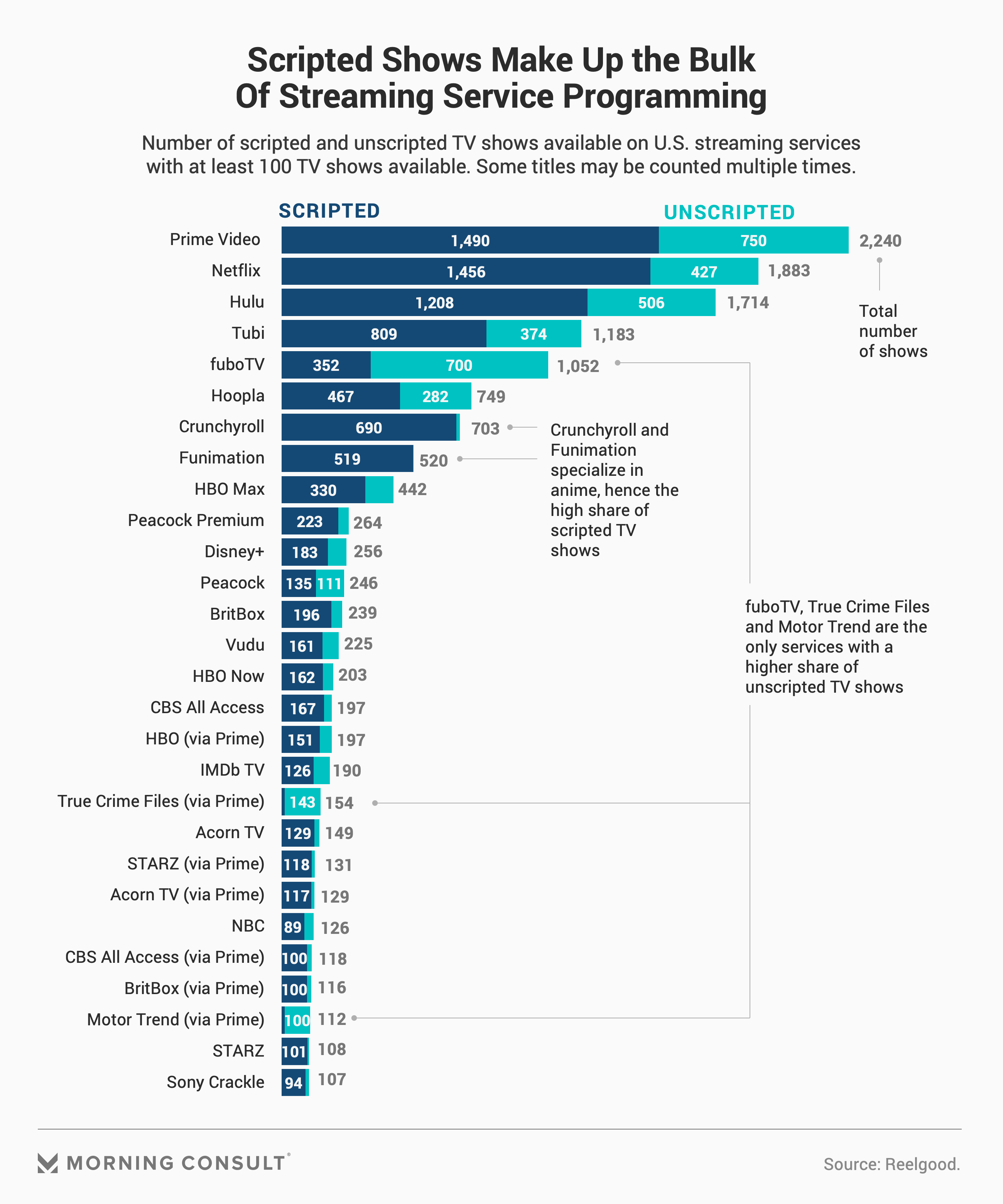Reality TV vs Scripted Shows: A Comprehensive Comparison
Introduction
In today’s entertainment landscape, the debate between reality TV and scripted shows continues to heat up. As audiences seek out content that resonates with their experiences and emotions, the formats have evolved significantly over the years. This article delves into the characteristics of each genre, their differences, cultural impacts, and what the future holds for these two distinct types of television programming.

What is Reality TV?
Definition and Characteristics
Reality TV is a genre that aims to present unscripted real-life situations, showcasing ordinary people or celebrities in various settings. The essence of reality television lies in its ability to capture genuine human emotions and interactions. Some defining characteristics include:
- Authenticity: Reality shows often strive to portray real-life scenarios, even if they are heavily edited for entertainment value.
- Non-actors: Most participants are not trained actors, providing a fresh perspective that scripted shows may lack.
- Viewer Engagement: Audiences feel a connection to the participants, which can lead to a strong following and community.
Popular Reality TV Shows
Some iconic reality TV programs include:
- Survivor: A game show where contestants are stranded in a remote location and must outwit, outplay, and outlast each other.
- The Real World: Often considered the pioneer of reality television, this show brings together strangers to live in a house and documents their interactions.
- Keeping Up with the Kardashians: A cultural phenomenon that chronicles the lives of the Kardashian-Jenner family.
These shows exemplify the variety within the reality genre, from competition-based formats to lifestyle-oriented series.
What are Scripted Shows?
Definition and Characteristics
Scripted shows are television programs that follow a predetermined script, involving actors portraying fictional characters. These shows are characterized by:
- Written Scripts: The narrative is carefully crafted by writers, ensuring a coherent and engaging storyline.
- Character Development: Scripted shows often explore complex characters and relationships over time, providing depth and nuance to the narrative.
- Production Quality: High production values are typically associated with scripted programming, including professional lighting, sound design, and set construction.
Popular Scripted Shows
Some beloved scripted television shows include:
- Breaking Bad: A gripping story of a high school chemistry teacher turned methamphetamine manufacturer.
- Game of Thrones: An epic fantasy series known for its intricate plots and character arcs.
- The Office: A mockumentary-style sitcom that highlights the everyday lives of office employees.
These series showcase the power of storytelling and character engagement, often leading to deep emotional connections with viewers.
Key Differences Between Reality TV and Scripted Shows
While both reality TV and scripted shows aim to entertain, they do so in fundamentally different ways. Understanding these differences can enhance our viewing experience.
Production and Writing
- Role of Writers and Producers: In scripted shows, writers play a crucial role in developing the plot, while in reality TV, producers often guide the direction of the story based on the participants’ actions.
- Spontaneity vs. Structure: Reality shows often rely on spontaneous interactions, while scripted shows follow a structured narrative that develops over episodes.
Audience Engagement and Interaction
- Viewer Connection: Audiences often feel more invested in scripted shows due to the character arcs and dramatic storytelling, whereas reality TV appeals to viewers’ curiosity about real people and their lives.
- Social Media Impact: Reality TV has a unique relationship with social media, where audiences can interact with participants, share opinions, and even influence outcomes through voting mechanisms in shows like The Bachelor.

The Cultural Impact of Reality TV vs Scripted Shows
Both genres significantly influence popular culture, shaping societal norms and expectations.
Societal Reflections
- Influence on Trends and Norms: Reality TV often mirrors societal trends, bringing issues like body image, relationships, and social dynamics to the forefront. Conversely, scripted shows can address societal issues in more abstract ways, allowing for commentary through storytelling.
-
Cultural Representation: While reality TV has been criticized for its portrayal of stereotypes, scripted shows have the opportunity to create nuanced characters that reflect a broader range of experiences.
Representation and Diversity
- Critiques and Discussions: Both formats face scrutiny regarding representation. Reality TV is often critiqued for its lack of diversity and authenticity, while scripted shows are increasingly pressured to reflect diverse narratives and inclusive casting.
Conclusion
The ongoing conversation around reality TV and scripted shows reveals much about our evolving entertainment landscape. Each genre offers distinct experiences, catering to varied tastes and preferences. As audiences continue to engage with both formats, it will be fascinating to see how they shape and are shaped by cultural trends.
FAQs
What is more popular: Reality TV or Scripted Shows?
Popularity can vary by demographic, but both genres have dedicated fanbases and thrive on viewership.
How has reality TV changed over the years?
Reality TV has evolved from simple competition shows to complex narratives exploring social issues and relationships.
Are scripted shows becoming less popular?
While reality TV has gained immense popularity, scripted shows continue to thrive, particularly with high-quality productions on streaming platforms.
Stay tuned for the second half of this exploration, where we will dive deeper into the future of these genres and analyze emerging trends!

The Future of Reality TV and Scripted Shows
As we move forward into a rapidly evolving media landscape, the future of both reality TV and scripted shows promises to be dynamic. Several trends are shaping how audiences consume content, and understanding these shifts can provide insights into what we can expect.
Emerging Trends in Reality TV
- Increased Diversity:
Producers are becoming more aware of the need for diversity and representation in reality shows. Programs featuring contestants from various backgrounds can resonate more deeply with audiences. Shows like The Circle and LGBTQ+ dating shows are paving the way for more inclusive formats. -
Interactive Viewing Experiences:
The rise of streaming platforms allows for innovative viewer interactions. Reality shows that incorporate audience voting and real-time decisions (like The Voice) are becoming more common. This interactive approach enhances engagement, allowing fans to feel directly involved in the storyline. -
Integration with Social Media:
The relationship between reality TV and social media continues to grow. Platforms like Instagram and TikTok play significant roles in promoting shows and providing behind-the-scenes content. Audiences can follow their favorite reality stars, creating a sense of connection that extends beyond the screen.

The Evolution of Scripted Shows
- High-Quality Productions:
As streaming services invest heavily in original content, scripted shows are becoming more cinematic. High production values, engaging storytelling, and deep character development are now the norm. Shows like The Queen’s Gambit and Stranger Things showcase the shift towards premium scripted programming. -
Genre-Bending:
Scripted content is increasingly mixing genres to captivate audiences. The boundaries between comedy, drama, and fantasy are blurring, leading to unique shows that challenge traditional formats. For example, The Good Place combines philosophical questions with humor, appealing to a broad audience. -
Limited Series and Anthologies:
Limited series formats, such as Mare of Easttown, are gaining popularity. These shows allow for concise storytelling without the commitment of multiple seasons. Anthology series like American Horror Story and Black Mirror provide fresh narratives each season, attracting viewers eager for new content.
The Competition for Viewership
With both genres vying for audience attention, the competition is fierce. Here are some key factors influencing viewership trends:
- Streaming Dominance: Streaming platforms are shifting how viewers access content. Many prefer binge-watching series, which can give an edge to scripted shows with extensive seasons. Reality TV must adapt to keep pace, possibly by creating seasons with a shorter runtime or more compact episodes.
-
Content Personalization: Algorithms on streaming services allow for tailored content recommendations. This customization can lead viewers to discover new shows in both genres, increasing the visibility of lesser-known reality and scripted shows alike.
Audience Preferences and Behavior
Understanding audience preferences is crucial for predicting the future of both genres. Recent studies indicate a few significant trends:
- Nostalgia: Many viewers are drawn to content that evokes nostalgia, such as reboots or shows that reference pop culture from previous decades. This trend can apply to both reality and scripted programming, giving rise to shows that capitalize on fond memories.
-
Authenticity: In an era where authenticity is prized, reality TV may have an advantage. Viewers often seek relatable content that reflects real-life experiences, pushing scripted shows to explore more authentic themes and characters.

Conclusion
The future of reality TV vs scripted shows is filled with possibilities. As both genres evolve, they will continue to influence each other and adapt to changing viewer expectations. Whether through innovative storytelling, enhanced production quality, or increased audience interactivity, the lines between reality and scripted content may blur even further.
FAQs
1. Will reality TV continue to thrive?
Absolutely! As long as audiences crave genuine human stories, reality TV will remain popular. Producers will need to innovate to keep viewers engaged.
2. Can scripted shows maintain their relevance?
Yes, scripted shows will continue to thrive, especially as they adapt to viewer preferences and focus on high-quality storytelling. The demand for compelling narratives will never wane.
3. How are streaming platforms affecting both genres?
Streaming platforms are revolutionizing how content is created, distributed, and consumed. Both reality TV and scripted shows are benefiting from increased visibility and innovative formats that cater to diverse audiences.
Stay tuned as we explore more about the fascinating world of television and its ongoing transformations!


